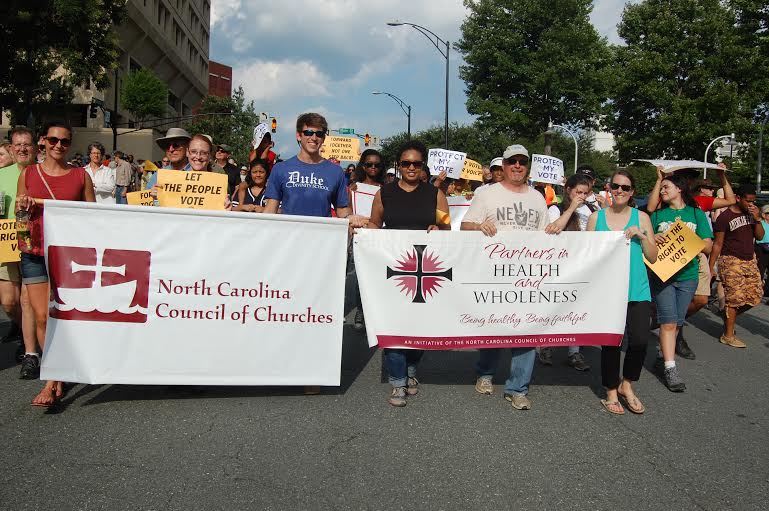The following was originally presented as part of an NAACP panel discussion on October 8.
The givens in the title are:
- We are pursuing justice.
- We want to pursue justice morally, the right way—the means justify the ends.
- Morality requires a framework. “Right” does not occur in a vacuum. Who tells us what is right? And who tells us when what we thought was right turns out to be wrong?
We get our news from a lot of places and each of them is trying to convince us to believe their way is the right way. But the title for this discussion uses the word theology, implying that God is working in our words. God is the guide for our moral compass, God is the guide for locating justice. The news we should be paying closest attention to is the news from God, the Good News, the Gospel.
Our work starts with God, not with justice. We get to justice from God. The “moral” imperative in the middle of the clause is almost superfluous because starting with God implies we will behave morally in our pursuit of justice. We will not use the master’s tools to tear down the master’s house. We will use God’s tools.
Here’s where we get into trouble, however, because folks sometimes have different interpretations of how God wants us to behave. Even to say, “read the Bible,” will not answer all our questions, nor should it because the Bible is a dynamic, living, challenging Word in our midst. We wouldn’t want our holy scriptures to be locked in time, static in meaning, and constraining in choice. We want it to inform the decisions we must make for the facing of this hour, to guide our lives for the living of these days. We are already located somewhere when we encounter the Word of God.
I’m going to locate myself in a particular tradition. I’m a Trinitarian Christian—father, son, and holy ghost—or as my children prefer, mother, daughter, spirit—but that’s a different discussion . . . I’m a United Methodist and Methodists are big on grace. Some of you may be Methodists and others of you may know about us.
These are the traditions that have formed me and informed how I hear and see God, the God on whom I point my moral imperative compass. That’s the big picture, but I’m going to suggest that while we tackle the big topics like public education, living wages, health care, voting rights, gun control, mass incarceration, mental health, just for starters; we must also address the moral imperative in our individual lives.
- Where we invest our money is a justice issue. We can’t preach against war and have our money parked in a mutual fund that holds shares in the defense industry.
- Shopping is a justice issue. We can’t work for living wages and still buy our clothes from places that exploit workers while we bargain shop.
- Garbage is a justice issue. We can’t push for environmental regulations while consuming everything we want and then throwing it away when we don’t want it anymore.
- Thermostat settings are a justice issue because the energy we use to keep ourselves perfectly comfortable pollutes the environment and uses up valuable resources. Just because I can afford to keep the heat set at 82 all winter and walk around the house in shorts, doesn’t mean I should. Turn down the heat and put on a sweater.
- Voting is a justice issue and I don’t just mean the right to vote, I mean for whom we vote. We must vote for those who respect the interests of all citizens and not just the best interests of a select few, even when we are among the few.
These are a few justice choices we have to make in our own lives, and we have to teach our children to make these justice choices as well. If we can’t get it right—morally—on the small things, we’ll never get it right on the big things.

